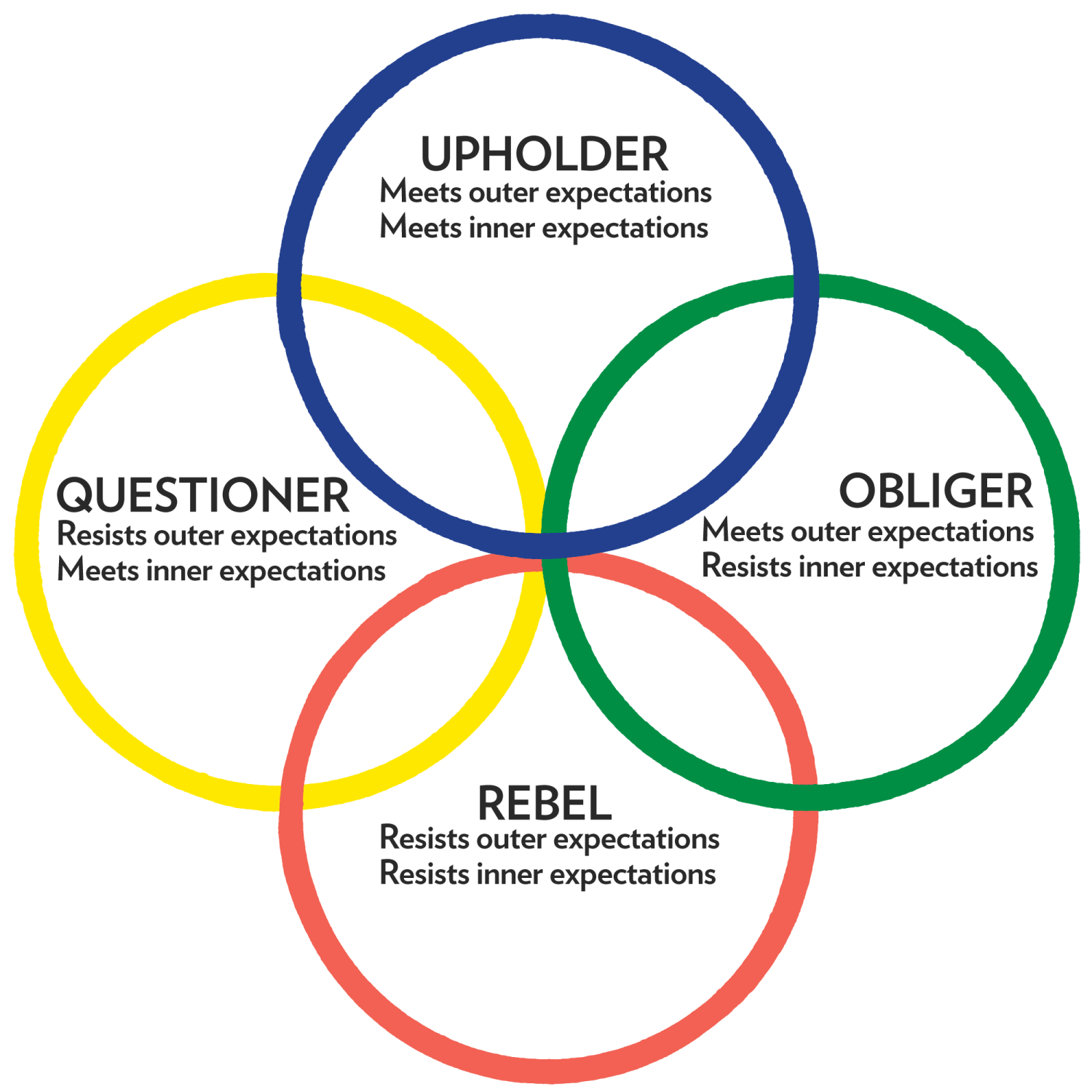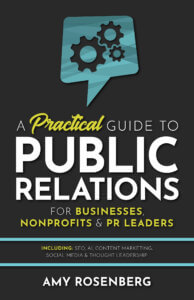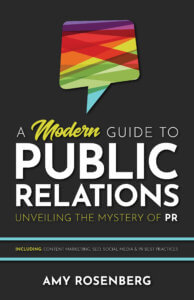![COVID-19: Marvin Stockwell: St. Jude Children’s Research Hospital [Podcast]](https://www.veracityagency.com/wp-content/uploads/Episode-81-Covid-19-A-Special-Science-PR-Episode-with-Marvin-Stockwell-St.-Jude-Childrens-Research-Hospital_pic.jpg)
COVID-19: Marvin Stockwell: St. Jude Children’s Research Hospital [Podcast]
Coronavirus PR Management & Insights into Science PR
A Special Episode with Marvin Stockwell, St. Jude Children’s Research Hospital
Only another PR person would drop what they are doing to help other PR people during what must be a very busy time. That’s why I love our community of giving, helpful PR friends around the globe. Today I got on the phone with Marvin Stockwell, Director of Media Relations at St. Jude Children’s Research Hospital.
You might remember him from my PRSA ICON episode where I recapped a few of the sessions in a series of mini interviews. In his portion, Marvin recounted his experience participating in Pitch Tank, the PR person’s version of Shark Tank, where he pitched three PR ideas to a panel of media judges to land on St. Jude’s new nuclear magnetic resonance spectrometer as the winning PR idea.
Managing Covid-19 PR
But before catching up with him on how his spectrometer pitching has been going, we handled the most important order of business for many PR people: management of coronavirus communications — whether that is handling unwanted media inquiries around the topic or leveraging the illness as a proactive PR opportunity.
After giving an update on what’s happening within his media markets with Covid-19, Marvin filled us in on how his team is approaching the epidemic and offers advice for PR professionals. For those of us who fall under the eager, maximizer category, Marvin’s advice may take you by surprise. You may have to operate out of your comfort zone and slooooow way down.
Science PR’s Special Nuances
We then segwayed into the general topic of science PR. Along with being a hospital helping countless children and families, St. Jude is a research institution that pushes out tons of fascinating findings and data.
Marvin discussed the challenges of positioning scientific research, seemingly only meant for the trades, to mainstream consumer press — offering key advice on how to go about it. We touched on how science can get lost behind the more compelling fundraising messaging, including how and why to get around this. We also learned how his team uncovers the wealth of information from his researchers and faculty, managing information-overload with a media relations department structured into “beats” the same way journalists are organized.
Overall, it appears that we truly are in the “long game” when it comes to science PR, with the discoveries of today possibly curing illnesses years, maybe decades, into the future. That’s why keeping our eye on news coming out of St. Jude years down the road will be facincating.
About the guest: Marvin Stockwell
As the director of media relations at St. Jude’s Children Research Hospital, Marvin Stockwell is at his best when making a case for causes he believes in and collaborating with others in his beloved hometown of Memphis, Tennessee.
Connect and follow Marvin on social media:
This episode of PR Talk is brought to you by PRSA Oregon
Throughout Oregon and Southwest Washington, PRSA provides members with networking, mentorship, skill building and professional development opportunities – whether you are a new professional fresh out of college or a skilled expert with 20 years in the industry. Check out PRSAoregon.org for more information on how membership can help you grow and connect.

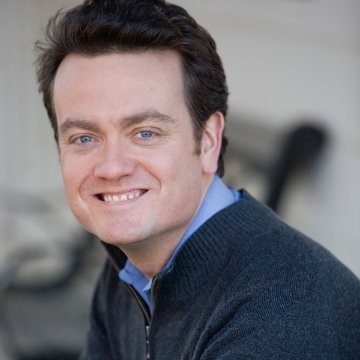
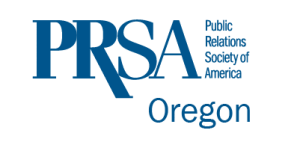
![Engage Preview with Wil Reynolds, Seer Interactive [Podcast]](https://www.veracityagency.com/wp-content/uploads/Wil-Reynolds_PR-Talk-947x712-1.png)
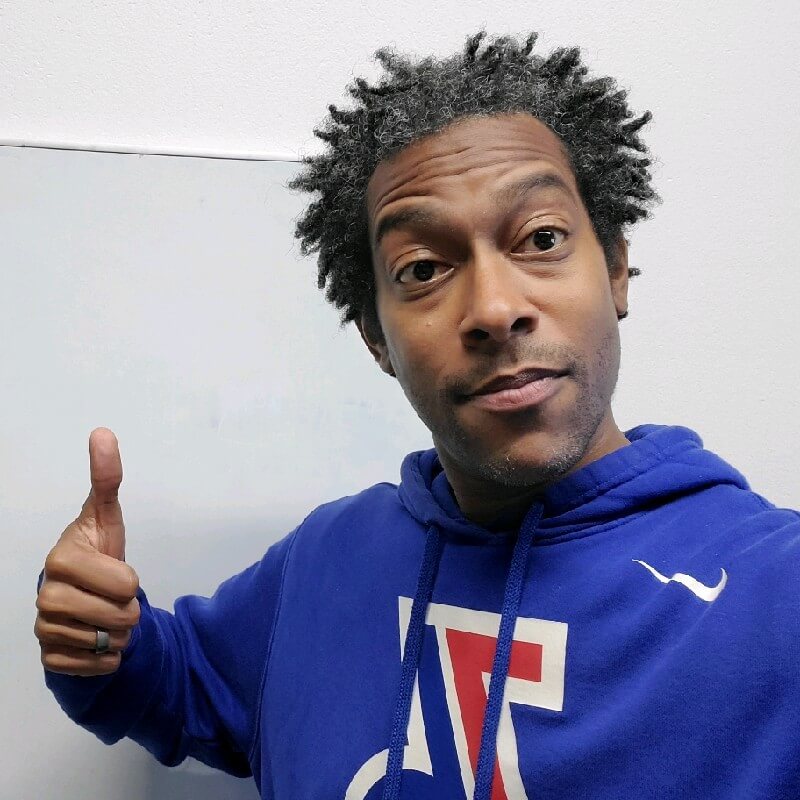
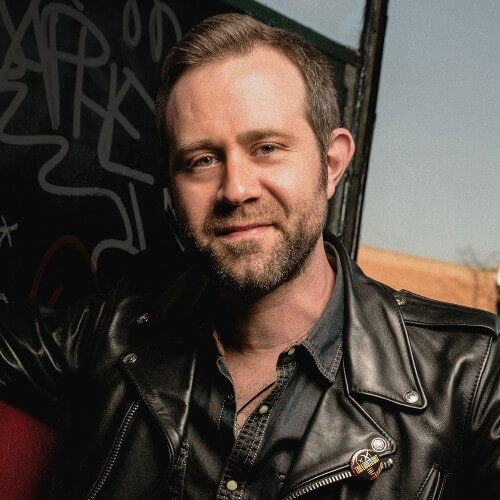
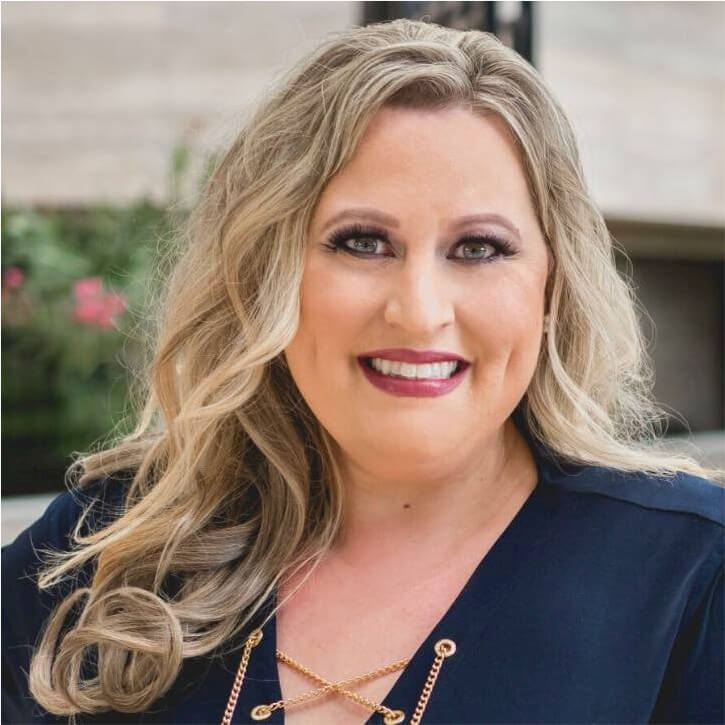
![Tom Fuller & Dave Thompson: the APR [Podcast]](https://www.veracityagency.com/wp-content/uploads/PR-Talk-Episode-78-Tom-Fuller-and-Dave-Thompson.jpg)
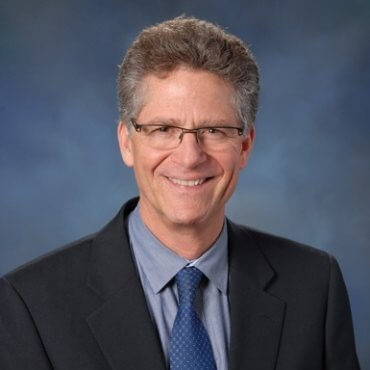

![Kim Moore: Oregon Business Magazine [Podcast]](https://www.veracityagency.com/wp-content/uploads/PR-Talk-Episode-77-Kim-Moore-Oregon-Business-Magazine-Editor.jpg)
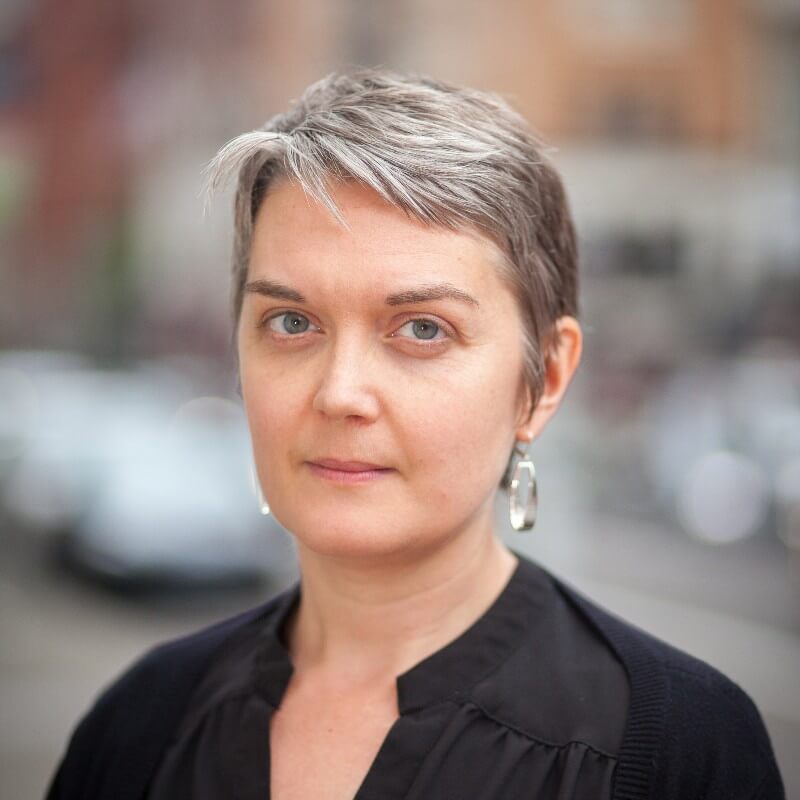
![Habit Change [Podcast]](https://www.veracityagency.com/wp-content/uploads/PR-Talk-Podcast_feature_Habit-Change.jpg)
